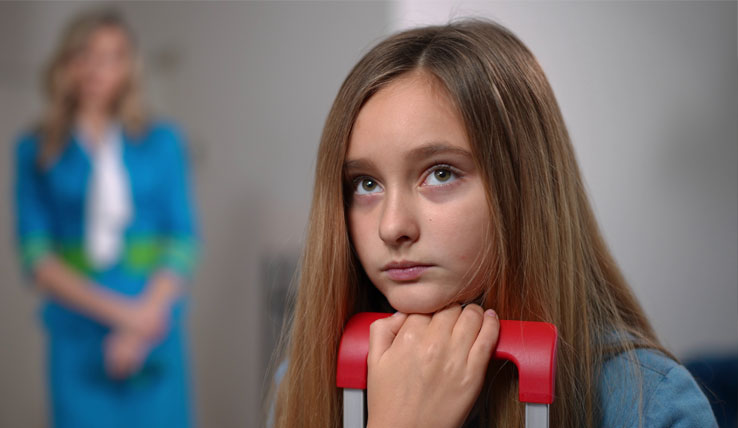
Real Stories of Parents Facing Their Worst Moments
Parenting can feel like walking a tightrope, especially when your kid acts out. The school calls, the police get involved, or a trusted friend stops speaking to you. The shame can be overwhelming. Here’s what I’ve heard recently from parents I coach:
- “The school called, and I had to pick him up. I was so embarrassed I hid my face when I walked in.”
- “I caught her smoking! I thought I raised her better than this.”
- “My son called me a $#@. I just froze, and now I can’t stop replaying it in my mind.”
- “My daughter got arrested, and now my friend won’t talk to me. I feel like I’ve failed.”
Maybe you can relate to one of these situations. Maybe not. But here’s the truth: Your kids will act out at some point. The question is, how will you handle it when they do?
The Shame Spiral: Why Parents Blame Themselves
When our kids mess up, we often make it about us. We tell ourselves:
- “I’ve failed as a parent.”
- “Everyone thinks I’m a joke.”
- “This proves I’m not good enough.”
This is shame talking. Shame tricks us into believing we’re defective or broken because of what our kids did. We think it’s noble to take the blame, but shame does more harm than good.
The Hidden Costs of Shame
Shame doesn’t just hurt you; it hurts your family.
- It destroys your confidence as a parent, making you second-guess your abilities.
- It isolates you, leaving you disconnected from your kids and your support system.
- It projects negativity onto your kids, which they internalize as personal flaws.
When shame runs the show, everyone loses. It’s time to stop the spiral.
The Dangers of Projecting Shame onto Your Kids
When we feel ashamed, we often project it onto our children. Here’s how it happens:
Verbal Cues
- Harsh words in public, like “Why can’t you act normal?”
- Comparing them to others: “Why can’t you be more like[another child]?”
Non-Verbal Cues
- Rolling your eyes, crossing your arms, or turning away.
- Avoiding interaction, signaling rejection.
Over-Apologizing to Others
- Saying, “I’m so sorry about my kid,” over and over.
- Making it clear you’re embarrassed by their behavior.
These actions may seem small, but they have a big impact on your child’s self-esteem and emotional well-being.
Why Shame Isn’t the Answer
Brené Brown once said, “Who we are and how we engage with the world are much stronger predictors of how our kids will do than what we know about parenting.”
When you let shame guide your actions, you teach your kids to feel ashamed too. But when you respond with strength and purpose, you model resilience and confidence.
How to Respond When Your Kid Acts Out
Step 1: Stop and Breathe
Before you react, pause. Take a deep breath. Remind yourself, “I’m going to handle this like the extraordinary parent I am.”
This isn’t just feel-good advice, it’s essential. A calm response creates space for better choices and stronger connections.
Step 2: Seek Understanding
Ask yourself: What’s really going on here? What’s behind their behavior?
Instead of jumping to conclusions or overreacting, dig deeper. Understanding their perspective can help you address the root cause, not just the symptoms.
Step 3: Parent with Purpose
Discipline should guide, not shame. Instead of punishment that alienates, choose actions that teach responsibility and build trust.
Step 4: Celebrate Your Strength
You are not a bad parent. You’re doing the best you can in a tough situation. Recognize your effort, and give yourself the credit you deserve.
Final Thoughts: You’re Doing Better Than You Think
Your child’s actions don’t define you as a parent. What defines you is how you respond.
Remember: You cannot fail if you Don’t Ever Stop Chasin’ It!
Learn More About Stable Living Coaching
Need help navigating the challenges of parenting? Discover how Stable Living Coaching can help you build a stronger, healthier family here.


I'm Shane Jacob, Head Coach at The Stable Living Coaching.
Each week I release a free video message with tips on creating and maintaining healthy parent/child relationships. I call my weekly video - "You Are Destined For Greatness" because I have full faith that you my friend, were born to be extraordinary!
So sign up, kick back, and get ready to wrangle some wisdom!
Sign up for
You Are Destined For Greatness here
The Country Code for Stable Parenting:
Print it. Frame it. Live It. Love It.
Live by the Country Code. It’s time to Thrive!








